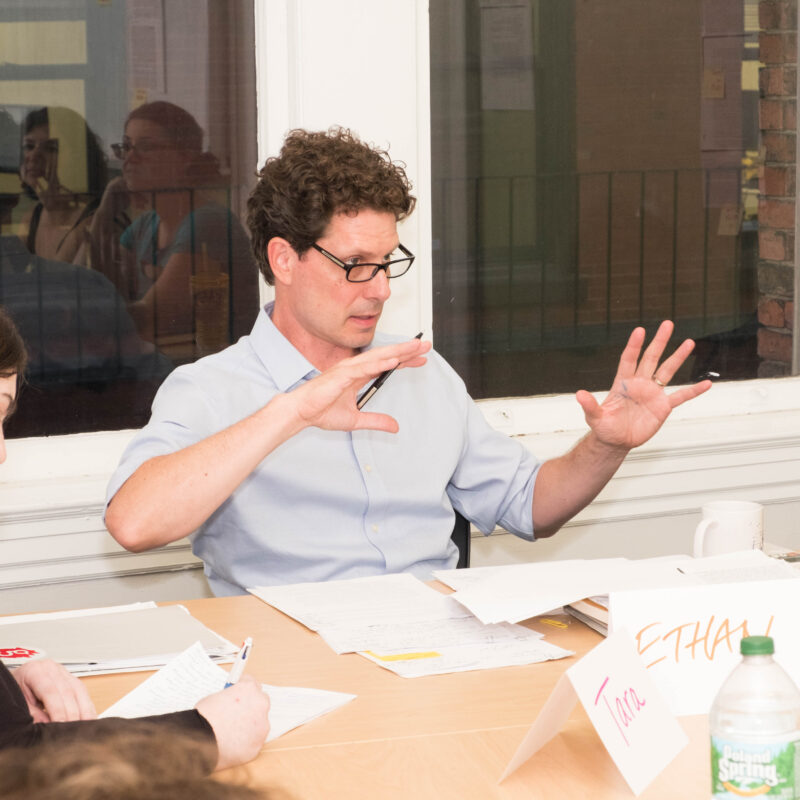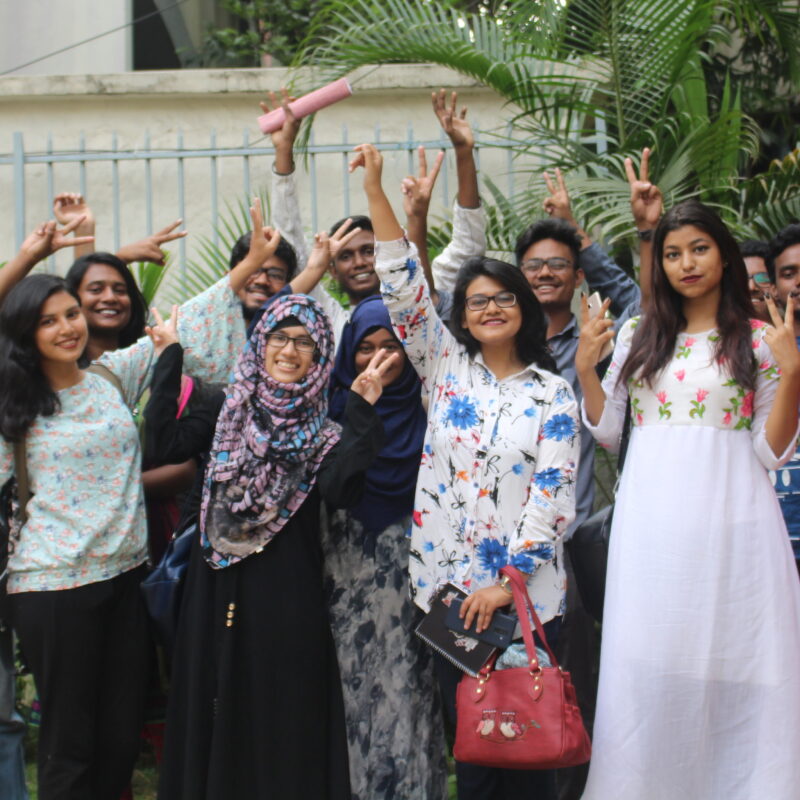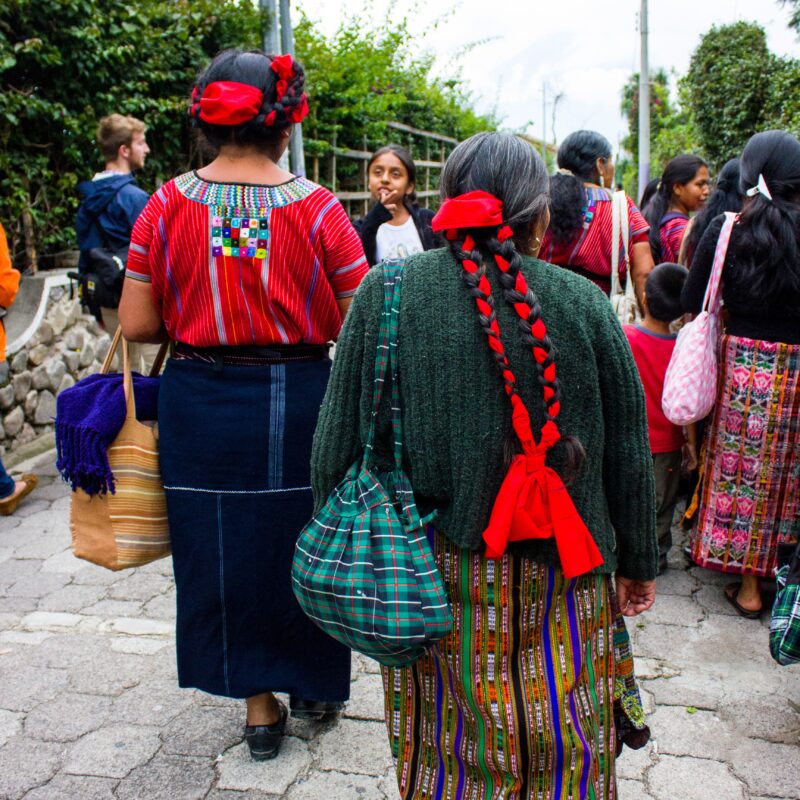
Supporting Gender Equality Outcomes in Development Research
This research monograph presents a process-driven methodology that supports research institutions, and other development institutions, to fill the implementation gaps that are often found between formal gender policies and strategies, and the hoped-for gender equality outcomes. It draws on the experience of five International Development Research Centre research programs Gender at Work worked with between 2016 and 2022.
Learning & Technical Briefs
This brief signposts researchers and data producers to established and emerging best practice frameworks for designing gender-responsive data projects.
This brief explores the question what is gender-responsive health research, and why does it matter?
This brief provides guidance on how to approach stakeholder engagement for gender-responsive health research, with a focus on AI approaches.
This brief provides guidance on how to strategically invest in data uptake and impact, in order to help research projects contribute to and achieve positive gender equality outcomes.
This brief summarizes priority actions for integrating gender equality and inclusion (GEI) considerations in the early stages of AI4D partners’ grantee selection and engagement.
This brief provides an operational definition of gender-responsive projects in the context of AI-driven research and innovation, and synthesises available research that illustrates why gender equality and inclusion (GEI) considerations matter for the design and use of algorithmic decision-making.
This brief outlines key action areas for advancing more gender-responsive AI, in order to ensure conversations around GEI move from theoretical to operational.
This brief provides an overview of gender disparity in AI-driven research and innovation and spotlights effective strategies to bolster women’s representation, leadership, and influence in the field.
The Think Tank Initiative Blog Series
Gender at Work accompanied five policy think tanks from Bangladesh, Nigeria, El Salvador, Guatemala, and Ghana throughout a 16-month online Gender Action Learning program, between 2018 and 2019. The think tanks each committed to a gender-related change project and met periodically online and face-to-face to discuss progress.
The learning was often at an organisational level focused on such things as ensuring that gender was included in all research projects, working with their board of directors, building common understandings about gender in research, developing procedures which allow more women to do field research and analysing the organisation itself with a gender lens. Most of the organisations also learned by actually doing gender-sensitive research in fields such as transport policy and anti-sexual harassment work.
The Think Tank Initiative blog series brings together 14 personal stories from the programme’s participants, which emerged during a writing workshop at the end of the 16-month-period, in 2019. Enjoy!
#ai4covid Blog Series
The Global South AI4COVID Program was designed to support multidisciplinary research to develop and scale responsible (inclusive, rights-based, ethical, and sustainable), evidence-based AI and data science approaches that support COVID-19 response and recovery in low- and middle-income countries.
From January 2021, Gender at Work in partnership with the Ladysmith Collective, provided gender and inclusion support to the Global South AI4COVID program. Our objective was to strengthen AI4COVID partners’ efforts to integrate gender equality and intersectionality (GEI) principles and approaches internally and across the research cycle to enhance gender-responsive outcomes.
Some of the partners opted for mentoring with a G@W consultant, some did not feel the need for help. However, four of the AICOVID partners chose to be part of an online action learning program that met over 18 months. In February 2023, the teams met in Nairobi, Kenya, to consider what they had learned and discuss questions such as: – In order to follow responsible AI, what is wrong or right and at what stage? – What are the principles and practices? – Can we have minimal benchmarks of ethical and fair AI? – To ensure gender equality and inclusion, what data collection methods should we use? – How can we ensure diversity of representation? – How do we get this data?
During this occasion, participants worked with writing coach Ethan Gilsdorf to create blog posts that reflect their experience as they worked on these questions.



